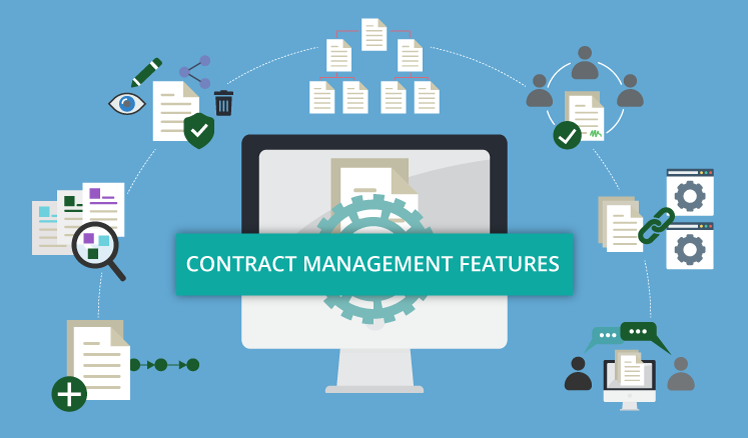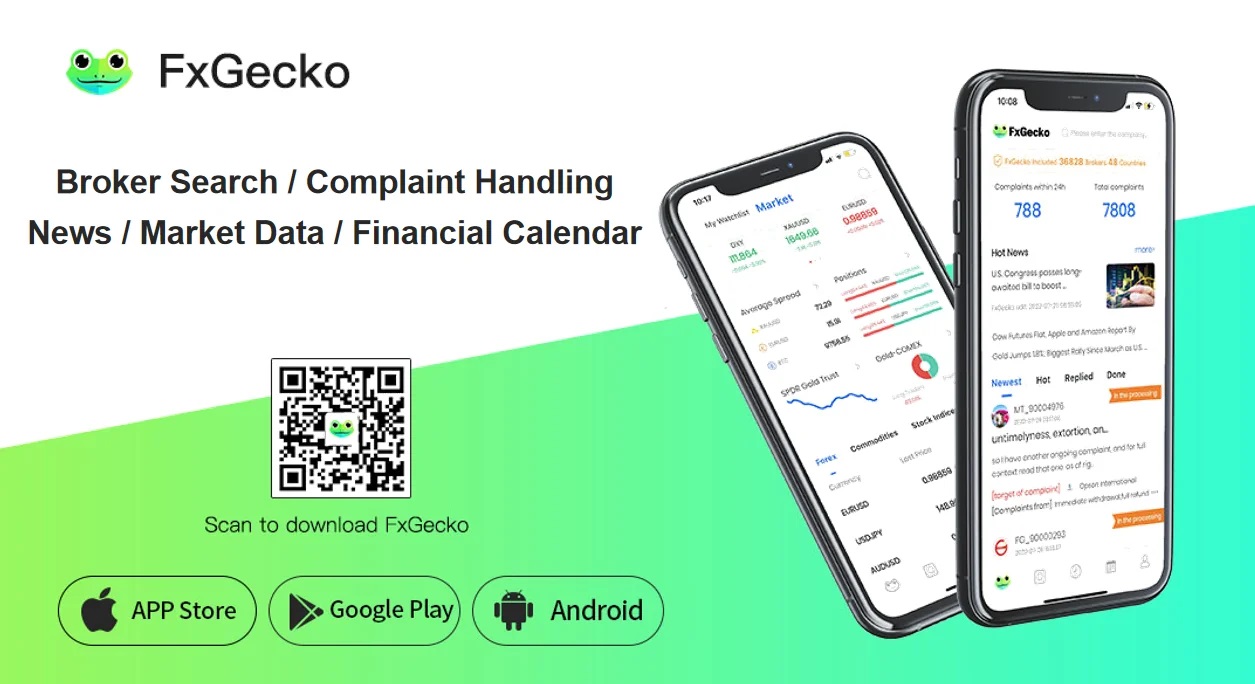A payment facilitator is a company that, as the name suggests, facilitates another company to accept online credit card payments.
The basic idea is that the company using the payment facilitator’s service borrows the payment facilitator’s infrastructure instead of directly dealing with the approving bank or credit card network.
The Concept of Payment Facilitator Business
As discussed above, the main objective of the payment facilitator model is to provide an easier time for businesses to start accepting online payments.
Without a payment facilitator, a business that wants to start accepting online credit card transactions will first need to get approved by a merchant acquirer or acquiring bank, which can be a bank or bank-sponsored organization.
Getting approved as a merchant capable of receiving online credit card payments can require a lengthy and rigorous underwriting process. Not to mention, there’s no guarantee you’ll be approved. So, you can imagine that this lengthy process might block the business from starting its operation and making money ASAP.
This is where the value of payment facilitation as a business shines.
Payment facilitators solve this issue by sharing their merchant accounts with other businesses, and so the businesses they facilitate are now acting as sub-merchants. This way, the sub-merchants are now allowed to accept online credit card payments.
With the rising number of eCommerce businesses and online transactions, becoming a payment facilitator is now a very lucrative business opportunity. By becoming a payment facilitator, businesses can offer a better onboarding process for the sub-merchants while generating revenue from the sub-merchant’s transactions.
Different Parties in the Online Payment Ecosystem
Merchant Acquirer
Can be a bank or a bank-sponsored firm. If it’s a bank it’s often called acquiring bank. The acquiring bank is licensed by card networks (VISA, MasterCard, AMEX) to assume the liabilities of the payment facilitator. This is why the acquiring bank must underwrite the payment facilitator to ensure it has adequate infrastructure, policies, and technology to stay in compliance with the card network’s standards.
Its role is to receive the data and money from the card networks before passing them to the payment facilitator, while also monitoring the payment facilitator’s transactions and how it underwrites its sub-merchants.
Payment Processor or Payment Gateway
The payment processor is responsible for authorizing transactions and routing them to the card networks. The payment processor also settles the transactions initiated by the sub-merchants of the payment facilitators. The transactions are settled on a daily basis and the customer’s bank sends the fund to the acquiring bank.
Sub-Merchants
Are businesses that are facilitated by the payment facilitator to start accepting online credit card payments. The sub-merchants won’t need to go through the typical rigorous underwriting process of being approved as an acquirer’s merchant, but they still need to undergo the underwriting and onboarding process of the respective payment facilitator.
Sponsors
In the online payment ecosystem, the term ‘sponsor’ commonly refers to a collective entity of an acquiring bank and a payment processor. A business that wants to start a payment facilitator business must first be approved by a sponsor.
Payment Facilitator
A payment facilitator facilitates the sub-merchants to begin accepting online credit card payments. A payment facilitator has its own underwriting and onboarding process for the sub-merchants and will provide a technological interface for the sub-merchants to start receiving online payments.
How To Start a Payment Facilitator Business
As discussed, in order to start a payment facilitator business, a firm must be approved by a merchant acquirer or sponsor after they’ve undergone an underwriting process. Here are some important areas to consider before a business can be approved as a merchant:
Adequate Policies and Procedures
The sponsors (mainly merchant acquirers) will assess whether the business has adequate policies and procedures, mainly for:
- Underwriting sub-merchants
The payment facilitator must have implemented a set of policies and procedures for underwriting and onboarding its sub-merchants. Also, the policies must be versatile enough to be able to handle various variables of the sub-merchants, for example, if the sub-merchant is located in a different country. The policies must define criteria for KYC (Know Your Customer) and KYB (Know Your Business).
- Monitoring sub-merchant’s activities
The second mandatory set of policies must cover how the payment facilitator will monitor the sub-merchant’s ongoing transactions to prevent frauds and other risks. These policies and procedures may include the thresholds for manual review, how to handle chargebacks, and how to investigate potentially fraudulent transactions.
Adequate Infrastructure
Before being approved as a payment facilitator, the company must possess the technical infrastructure necessary to onboard and service the sub-merchants. This is related to the policies and procedures discussed above: the company must have adequate infrastructure to underwrite and onboard sub-merchants, for example, a technology that can automatically review the potential merchant’s information to decide whether it’s approved as a sub-merchant.
Monitoring infrastructure is also very important to monitor anomalous transactions and prevent fraudulent activities. This can be easier said than done with how criminals are now very sophisticated in launching their digital frauds.
Also, technological infrastructure for day-to-day operations like automatically calculating the fees for each transaction, handling chargebacks, and generating reports are very important.
Conclusion
To become a payment facilitator (PayFac), the business must be approved by a merchant acquirer or sponsor and must sign a direct agreement with this bank. Even then, you are going to be routinely audited to maintain this license. This is where professional payment facilitation services can help your business get approved as a payment facilitator with a much higher likelihood of approval.
Payment consultants will help your business in setting up policies and procedures, building your payment facilitation infrastructure, as well as organizing regular training to prepare your employees for the demanding day-to-day operation of a payment facilitator.








Add Comment